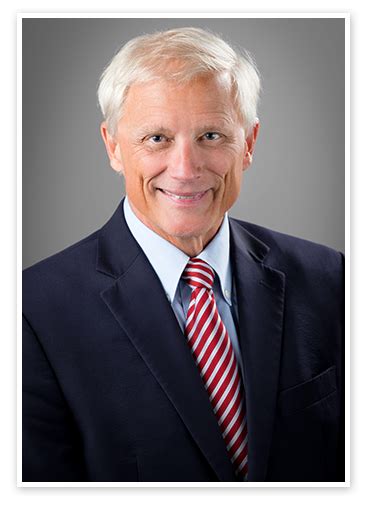A Quote by Po Bronson
Failure is hard, but success is far more dangerous. If you're successful at the wrong thing, the mix of praise and money and opportunity can lock you in forever.
Quote Topics
Related Quotes
There is no such thing as overnight success or easy money. If you fail, do not be discouraged; try again. When you do well, do not change your ways. Success is not just good luck: it is a combination of hard work, good credit standing, opportunity, readiness and timing. Success will not last if you do not take care of it.
The goals you set for yourself and the strategies you choose become your blueprint or plan. Strategies are like recipes: choose the right ingredients, mix them in the correct proportions, and you will always produce the same predictable results: in this case financial success. The success strategies for managing money and building wealth are called Money Strategies. By learning to use money strategies as a part of your day-to-day life, financial frustration and failure will become a thing of the past.
Now, success is not the result of making money; making money is the result of success - and success is in direct proportion to our service. Most people have this law backwards. They believe that you're successful if you earn a lot of money. The truth is that you can only earn money after you're successful.
Fear of success is far more dangerous than fear of failure, because the subconscious mind works to prevent that which it fears. People may fear success because of low self-esteem and feeling of not deserving it; because it will increase what others expect of them. Fear of success shows up as anxiety, indecision, avoidance, procrastination or acceptance of mediocrity.
If success were easy, then it would not necessarily be true success. Some of history's most successful people learned to cope with failure as a natural offshoot of the experimental and creative process and often learned more from their failures than their successes. By taking the attitude that failure is merely a detour on the way to our destination, hope can blossom into success.
The seventh rule of the ethics of means and ends is that generally success or failure is a mighty determinant of ethics. The judgment of history leans heavily on the outcome of success or failure; it spells the difference between the traitor and the patriotic hero. There can be no such thing as a successful traitor, for if one succeeds he becomes a founding father.
The more successful enterprises are the more they try to replicate, duplicate, codify what makes us great. And suddenly they're inward thinking. They're thinking how can we continue to do what we've done in the past without understanding that what made them successful is to take risks, to change and to adapt and to be responsive. And so in a sense success breeds its own failure. And I think it's true of a lot of successful businesses.
Wrapping rubber bands around a watermelon is not journalism. It is entertainment. But the key to success in media has always been a broad mix of serious reporting and entertainment. The New York Times does not make its money on reports about Iraq and Syria. It makes money on its gardening section, food and, yes, stories about cats. "The Today Show" is a very successful program because it is a mix of the celebrity chef and the crazy pet who does the rolls and serious news and interviews.
Not many people are willing to give failure a second opportunity. They fail once and it is all over. The bitter pill of failure is often more than most people can handle. If you are willing to accept failure and learn from it, if you are willing to consider failure as a blessing in disguise and bounce back, you have got the essential of harnessing one of the most powerful success forces.

































